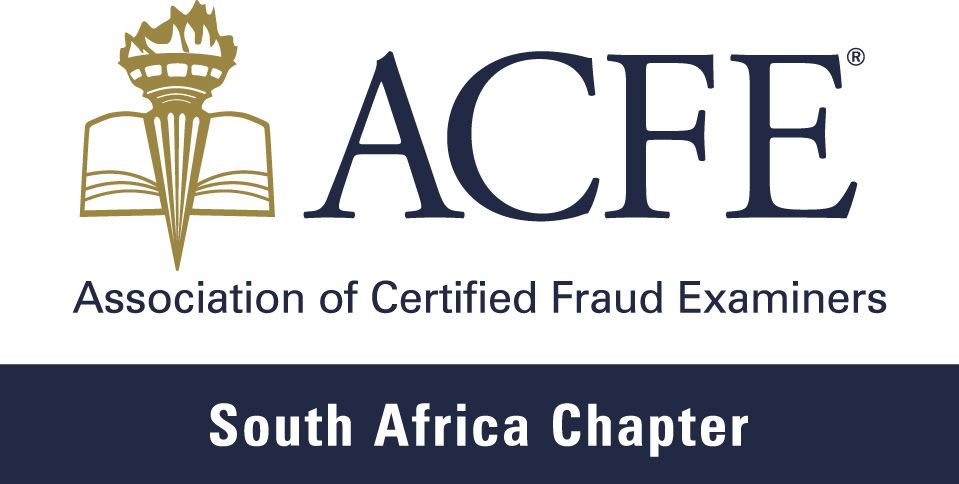FAQ’s
If I attend ACFE conferences or seminars, do I get additional points towards becoming a CFE?
No. ACFE conferences, seminars and self-study courses will provide you with Continuing Professional Education (CPE) credits, but will not affect the exam point system of becoming a CFE.
If I decide not to study with the CFE Exam Prep Course, what are my other study options?
You can study on your own using the Fraud Examiners Manual and other additional reference materials.
How does the CFE Exam Prep Course work?
The CFE Exam Prep Course focuses on four testing areas significant to the CFE Exam: Legal Elements of Fraud, Fraud Prevention and Deterrence, Financial Transactions, and Investigation Techniques. By providing typical exam questions, the program informs you whether your answer is correct and provides an explanation and study reference. The CFE Exam Prep Course contains 1,500 questions answers, and explanations. When you have answered all questions correctly and consistently scored at least 85% or more on the practice test for each section, you will be ready for the exam.
How much time will I need to take the CFE Exam?
It will take approximately 10 hours to complete the CFE Exam. Each section is allocated a maximum of 2.6 hours to complete. Each of the four exam sections has 125 questions and you will have a maximum of 75 seconds to answer each question.
You have 30 days to complete all four sections of the CFE Exam and return it to the ACFE for grading. You must complete each section in one sitting, but you do not have to complete all four sections at once.
When can I take the CFE Exam?
You may take the CFE Exam any time during the year. When you have submitted your complete CFE Exam application and are prepared to take the CFE Exam you may request the exam. Your request for the CFE Exam will be fulfilled within 3-5 business days.
What proof of education is required?
A photocopy of transcripts or certificates for any degrees earned and professional certifications acquired must be sent in along with your application. Translations will be required for any documentation not originally provided in English.
Why are CFE Candidate Recommendation Forms required with the application?
In order to maintain the high standards held by the ACFE and to ensure the integrity of the CFE credential, it is important to certify all candidates are of good moral character and a strong addition to the anti-fraud profession. Pick three individuals to complete these forms on your behalf. These individuals need to have worked with you professionally. For example, a past or current co-worker or supervisor.
Who Qualifies to receive the SAQA NQF Level 7 Certificate?
Only those who have successfully completed the ACFE’s International CFE exam after 1 January 2008 and are current members of the ACFE SA Chapter.
Can I share my CFE Exam Prep Course with anyone?
No. The CFE Exam Prep Course is designed for a single user, not for transfer or resale.
How can the chamber help you?
How can the chamber help you? How can the chamber help you? How can the chamber help you? How can the chamber help you?
I want to attain the CFE certification but I don’t have two years experience. Can I still take the exam?
Yes. You can study for and take the CFE Exam even if you do not have two years of practical experience, as long as you reach the 40 point minimum on Section 2 of the exam application. However, please note that you will not become officially certified until you do have at least two years of practical experience either directly or indirectly related to fraud. Click here for full details.
Do other entities offer the CFE certification?
No. CFE certification is a unique aspect of the ACFE.
Is the CFE credential acknowledged globally?
Yes. The CFE credential is acknowledged globally and preferred by employers. Becoming a CFE immediately sets you apart from the competition and launches you to the top of your profession.
What do you mean when you ask about “fraud-related experience”?
Fraud-related experience means that you have worked full-time in a position that contributes to the prevention, detection or deterrence of fraud. Fields related to fraud include: Accounting and Auditing, Criminology or Sociology, Investigation Techniques, Loss Prevention and Law. If you are unsure if your experience qualifies, please submit a brief summary with your application for review or click here for a more detailed explanation of the necessary qualifications.
Who sets the standards for CFE certification?
The standards are set by the ACFE’s Board of Regents, who are elected by CFE members and drawn from our most experienced members.
I already hold other certifications. Does this qualify me as a CFE as well?
No. The Certified Fraud Examiner (CFE) is a unique credential with its own requirements and standards. Your other certifications will be counted as part of the qualifying points system but will not automatically make you a CFE
How do I know if I am eligible to become a CFE?
Qualifications for becoming a CFE include having high moral character and meeting minimum professional and academic requirements
